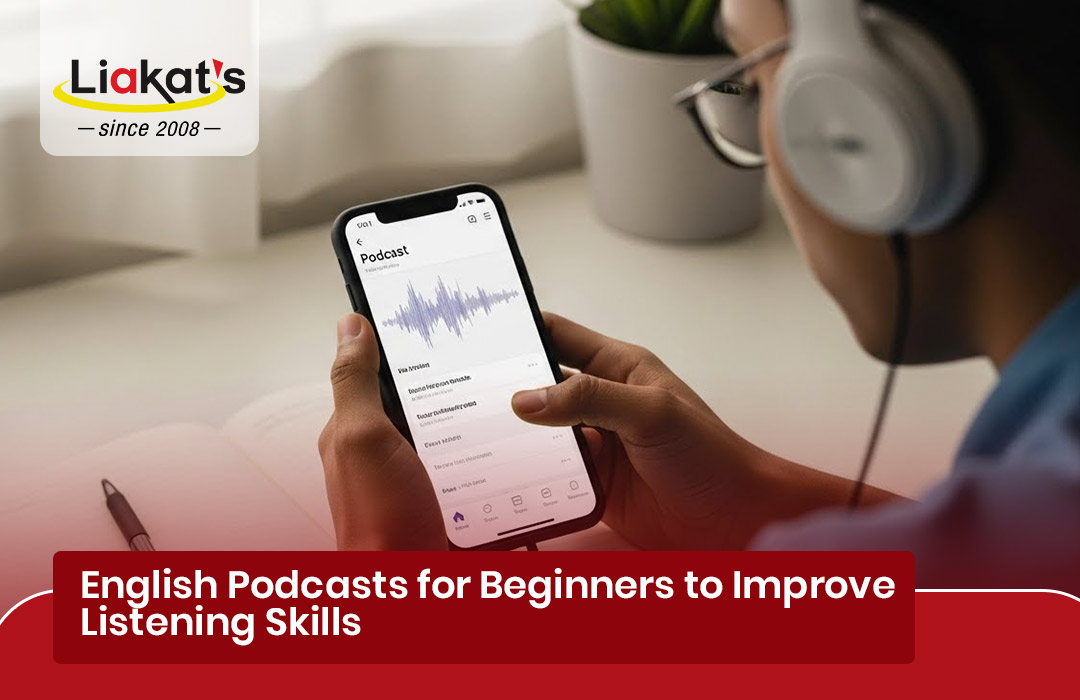10 Expert Tips for Rapid Growth
Learning English vocabulary doesn’t have to be slow and painful. Whether preparing for an exam or simply wanting to speak more fluently, boosting your word bank fast is possible. Let’s explore ten expert-backed strategies that will transform your English vocabulary in no time.
Why Fast Vocabulary Growth Matters for English Learners
A strong vocabulary allows for more transparent communication, better understanding, and confidence in speaking and writing. If you’re learning English for academic, professional, or personal reasons, fast vocabulary growth can open new opportunities and reduce frustration. The quicker you know, the sooner you can apply those words in honest conversations.
Use Real-Life Conversations to Learn New Words
Engaging in everyday conversations helps you naturally pick up new vocabulary. Talk with native speakers, join language exchange programs, or participate in group discussions. Words learned through genuine dialogue are more likely to stick.
Pro Tip: Don’t be afraid to ask the meaning of unfamiliar words. Native speakers usually appreciate your effort to learn.
How Reading Daily Boosts Vocabulary Naturally
Reading exposes you to new words in context, making them easier to remember. Choose materials that interest you—novels, news articles, or blogs. The more you read, the more you absorb.
Example: Reading English stories daily introduces common phrases and idioms used in real life.
Keep a Personal Word Journal – And Use It
Writing down new vocabulary is one of the most effective ways to retain it. Create a small notebook or use a digital app. Write the word, meaning, sentence, and translation in your native language.
Bonus Tip: Use the new word in three sentences the same day.
Best Mobile Apps for Quick Vocabulary Building
Apps like Anki, Quizlet, and Memrise are great for rapid vocabulary growth. They use flashcards and spaced repetition to ensure you don’t forget what you learn.
Why it works: These apps use science-backed techniques to improve memory and recall speed.
Watch English Movies with Subtitles for Word Exposure
Movies are entertaining and educational. Watching with subtitles lets you hear pronunciation and see how words are used in different situations.
Try this: Start with your favorite genre and choose movies with clear dialogue.
Practice With Flashcards – The Smart Way
Flashcards are not old-fashioned. They are powerful! Use digital flashcards or make your own. Focus on 10-20 words per week.
Bright Tip: Review cards daily and test yourself weekly.
Learn Words in Context, Not Just Definitions
Instead of memorizing lists, learn how words are used. Understanding context helps you remember and use the words correctly.
Example: Learn the word “resilient” by seeing it in a sentence: “She remained resilient despite all the challenges.”
Repeat, Recall, and Speak – Make Words Stick
Repetition is key. Recall words throughout the day and speak them aloud. Repetition turns short-term memory into long-term knowledge.
Pro Tip: Use the word three times daily to make it part of your active vocabulary.
How to Stay Motivated When Learning Gets Hard
Motivation can fade, but goals keep you going. Set small milestones and reward yourself. Join online communities or find a study partner.
Encouragement: Everyone struggles at times. Keep your goal in mind and stay consistent.
Conclusion
Improving your English vocabulary quickly is possible. Use these expert tips consistently, and you’ll notice real progress. Remember: Real-life practice, repetition, and contextual learning make all the difference.
Frequently Asked Questions (FAQs)
How many words should I learn per day?
Learning 5–10 new words daily is manageable and effective. Focus on quality over quantity.
What is the fastest way to memorize vocabulary?
Using flashcards with spaced repetition and practicing words in real sentences helps you memorize faster.
Can watching movies improve vocabulary?
Yes! It provides real-world context and helps you learn pronunciation, tone, and usage.
Should I learn synonyms as well?
Learning synonyms enriches your vocabulary and helps you understand nuances of meaning.
How long does it take to see improvement?
With daily practice, most learners notice improvement in 2–4 weeks.
Are mobile apps better than books?
Both are useful. Apps are more interactive and offer personalized learning paths.
What if I forget the words I learned?
Review regularly. Repetition and recall are key to long-term retention.





